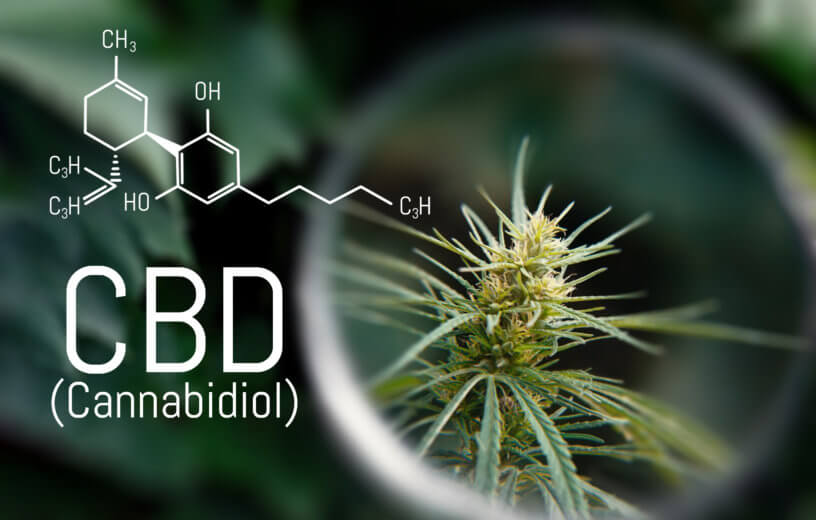PARKVILLE, Australia — Cannabidiol — or CBD — is becoming a popular remedy for various ailments among adults. Now, researchers from Australia say it’s also a promising new treatment for young people battling anxiety. A pilot study from Orygen’s Center of Excellence in Youth Mental Health shows cannabidiol halves the severity of symptoms and impairment due to chronic anxiety.
Cannabidiol is a non-intoxicating component of the Cannabis sativa plant, meaning it does not cause you to get “high.”
For the pilot study, researchers recruited 31 participants between the ages of 12 and 25 from Orygen’s primary care services. These participants had a diagnosed anxiety disorder and failed to show improvement following five cognitive behavioral therapy sessions.
They started their treatment with one 200-milligram capsule of cannabidiol per day, which researchers increased to 400 milligrams after one week. Participants who didn’t show significant improvement with their anxiety symptoms had their dosage increased at 200 milligram increments up to 800 milligrams per day. The patients were also offered biweekly cognitive behavioral therapy sessions for 12 weeks.
The results were remarkable. Researchers found young people with treatment-resistant anxiety had an average 42.6-percent reduction in the severity of their anxiety symptoms and impairment following 12 weeks of treatment with cannabidiol.
“The young people had fewer panic attacks and could do things which they were previously unable to do like leave the house, go to school, participate in social situations, eat at restaurants, take public transport or attention appointments by themselves,” explains study author Paul Amminger, professor at Orygen’s Center of Excellence in Youth Mental Health, in a media release. “That’s an amazing change in the group which has had treatment-resistant, long-standing severe to very severe anxiety.”
An anxiety treatment without major side-effects
Amminger adds the patients all displayed a strong tolerance for cannabidiol during the study. The most common side-effects were mild sedation and fatigue. This happened when study authors increased the cannabidiol doses, but the symptoms usually went away after a couple of days.
“We did not see side-effects like suicidal thoughts, irritability or sleep problems, which are not uncommon in people taking SSRIs (selective serotonin reuptake inhibitor),” notes Amminger.
Researchers observed the reduction in anxiety symptoms on two different scales. The Hamilton Anxiety Rating, which is a clinician-rated scale, saw a 50.7-percent decrease in anxiety symptoms. Meanwhile, the Overall Anxiety Severity and Impairment Scale, which is a self-rated scale, saw a 42.6-percent decrease. Participants filled in a questionnaire on symptoms such as panic attacks, situational anxieties, worries, and flashbacks.
“We’re seeing more and more young people experiencing anxiety — it’s the fastest growing form of mental ill-health in young people and we urgently need innovation in treatment,” says Patrick McGorry, study co-investigator and professor and executive director at Orygen. “Cannabidiol is a promising treatment option which appears safe and effective. We need further research to confirm this and explore its value.”
One of the top aspects in using cannabidiol is that it’s not addictive, says Amminger. It doesn’t manifest any neurological or psychiatric symptoms and doesn’t induce any significant side-effects.
“Cannabidiol is non-intoxicating and doesn’t contain tetrahydrocannabinol (THC) so it doesn’t cause alterations in thinking and perception, it doesn’t make you ‘high’ and it’s not addictive. In fact, cannabidiol has been used to treat addictive behaviors in other research trials and can reduced some of the adverse and intoxicating effects of THC,” explains Amminger.
The study is published in the Journal of Clinical Psychiatry.


I am absolutely certain that the best CBD is on the Weedborn site.